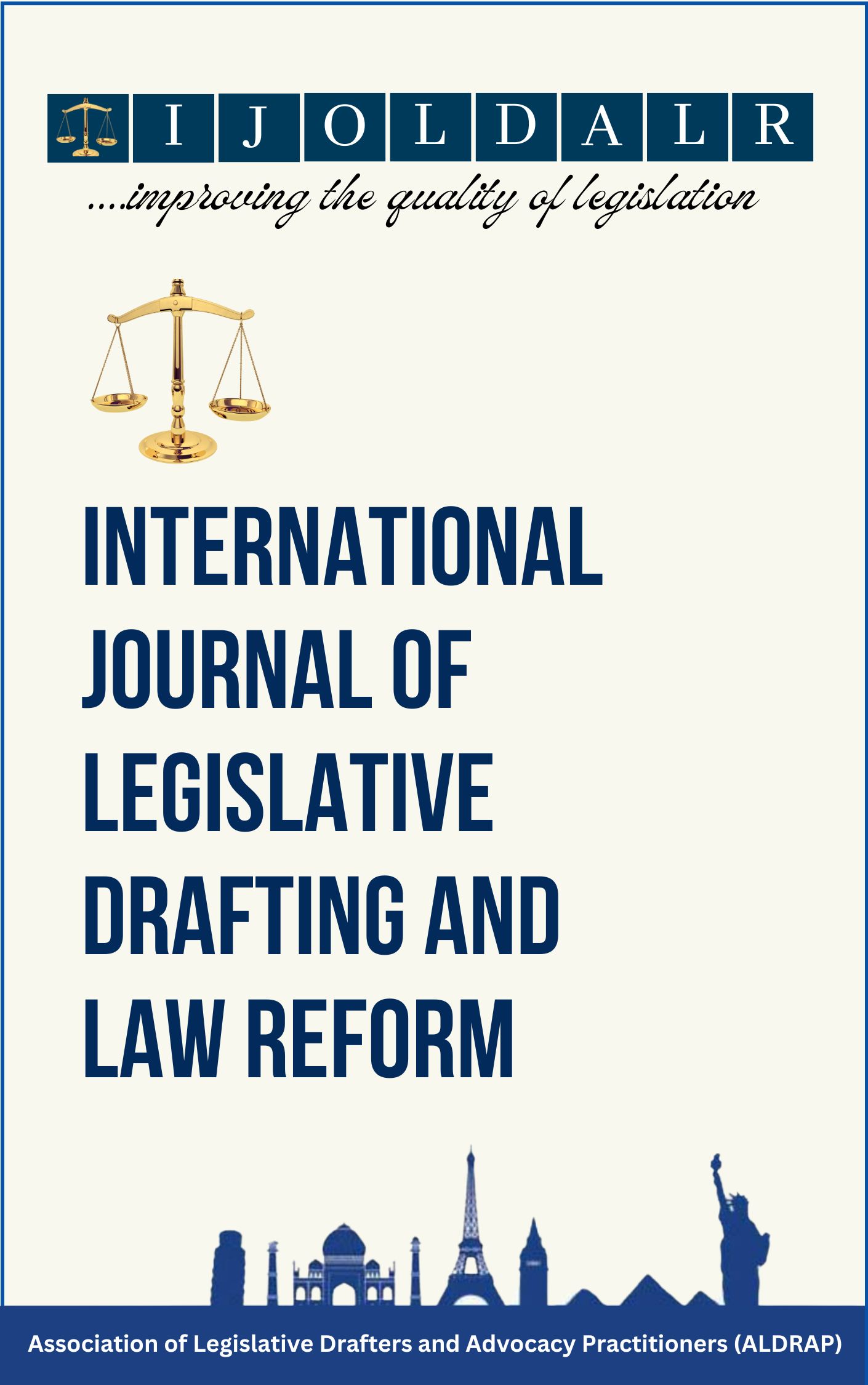Abstract
In a thriving democracy, there must be a high regard and great respect for the concept of the separation of powers.
The three arms of the State, namely the Executive,the Legislature and the Judiciary are considered separate entities with specific roles.
And when it comes to the judiciary, there must never be real or apparent compromise of its integrity and independence.
Thankfully, in my country, the judiciary guardsits independence jealouslyand is always vigilantin its role to ensure that justiceis served in all mattersthat come before its Courts.
Perhaps the best example of the growing role played by the Courts in ensuring that justice is not only done but manifestly be seento be done,is the less conventional and more practical approach adopted in statutory interpretation. There is a school of thought that believes that the Courts are guilty of overreaching when it seeks to fix statutory provisions with the use of creative interpretations, in instances in which it is clearthat there has been a legislative slipby the Parliament.
As a professional who over the decades has spoken about and decided cases that deal with boundaries in the sea, I thoughtit fit to limit this presentation to a subject that displays the extending boundaries of the Court when it is called upon to interpret statute in the arena of criminal law and the administration of justice.
Few would deny that the Courts are no longer viewed as restrainedplayers when it comes to matters of statutoryinterpretation and many are concerned that at times, the Courts have shiftedthe goal posts-for those of you who love football; battedout of its crease- for those of you who love cricket;and unapologetically navigated in others waters- for those of you, like me, who are well acquaintedwith the law of the Sea.



 National Library of Nigeria
National Library of Nigeria.jpg) Association of Nigerian Authors
Association of Nigerian Authors Nigerian Library Association
Nigerian Library Association EagleScan
EagleScan Crossref
Crossref